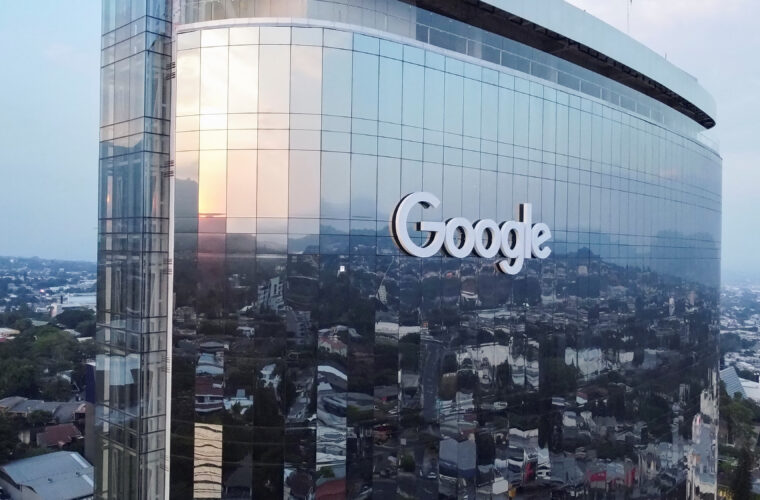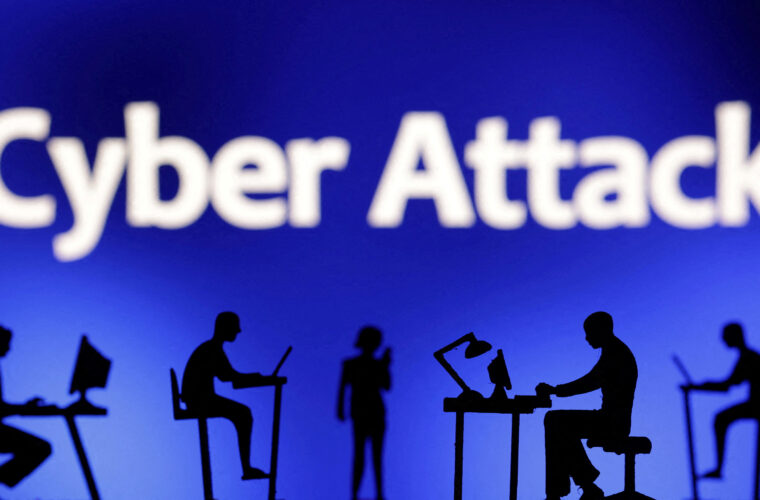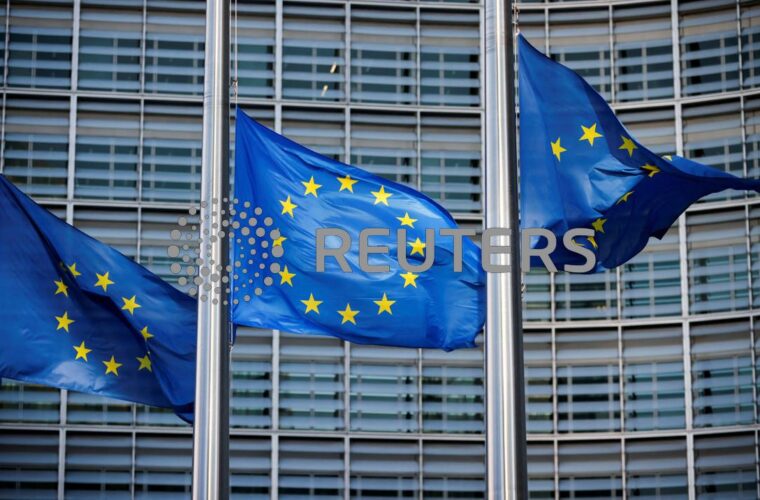Age: 46
Place of residence: I share time between UK and Greece
Position: Professor of Cybersecurity, De Montfort University
Please describe a day in your life
Early waking up. Exercise on a daily basis(bike), work during the day and during the afternoon and spend time with family.
How many projects are you currently working on? Please describe them
I am currently investigating several aspects of cybersecurity. I am working on developing a novel two-factor authentication method that integrates the concept of honeywords into user authentication. We have developed the prototype and are working towards a fully operational system that banks and other financial institutions can use.
Also, I am working towards a new end-to-end encryption mechanism called Secure Node End-2-End Encryption (SNE2EE) that protects users’ communications at a far higher level than currently experienced on popular messaging applications.
Moreover, I am participating in various research projects:
CyberSecPro aims to enhance the role of High Education Institutions (HEIs) in offering hands-on skills for driving a trustworthy digital transformation in critical sectors of the economy.
RCAT (Resilient Communications for autonomous transport) focuses on securing autonomous transport. The main focus will be to adapt the Security Operation Center (SOC) concept for detecting, understanding, and responding to attacks on vehicles, airplanes, vessels, and connected mobility infrastructure (e.g., WiFi, 5G, etc.).
Security Maturity Assessment Framework for Saudi Organizations aims to design a security maturity assessment framework for Saudi Arabian organizations.
CONCORDIA builds a Cybersecurity Competence Network with leading research, technology, industrial, and public competencies to build the European Secure, Resilient, and Trusted Ecosystem.
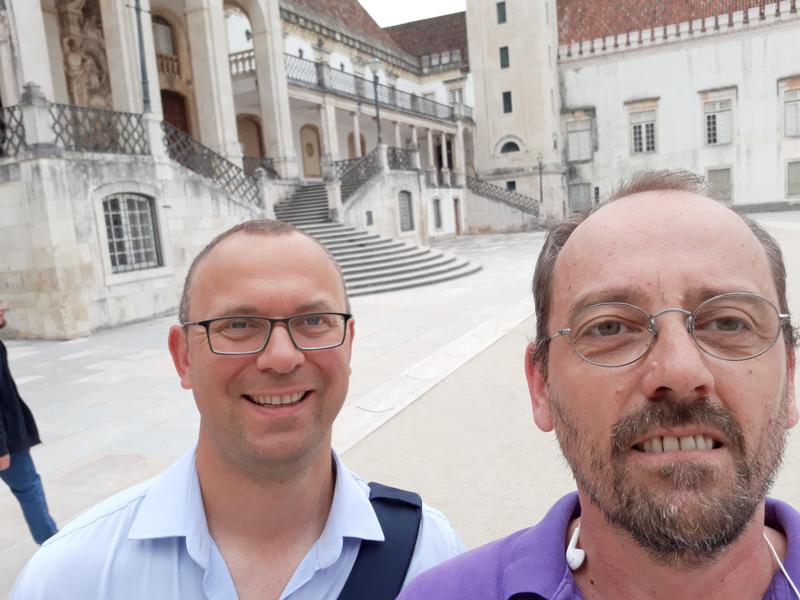
Cybersecurity Teaching – Professor of Cybersecurity
In your opinion, who is the most influential person/company in the world of technology these days?
In my opinion, Elon Musk is the most influential person these days. With Tesla and SpaceX, he is revolutionizing the transportation of people on Earth and beyond. He combines vision with action, like being a science fiction writer that makes his ideas a reality, the dream of many scientists. I hope that he can use his creativity and imagination to solve some of humanity’s most serious problems: food and energy poverty.
How do you see technology evolving in the next ten years?
In the next ten years, as long as digital progress is not stopped suddenly by any huge physical disaster (including war), I see technology evolving in a way that will make people more connected and attached to the digital world. Metaverse will take over many physical activities leading to a tele (work, teaching, shopping, etc.) life. People will gain more freedom and mobility in the digital world while becoming more static in the physical world. We already see examples of people who telework in tech companies. These universities advertise ‘Digital Twin’ Metaversities and other examples of the metaverse that will become normal in the next ten years.
What are the three characteristics you have that make you successful in tech?
Devotion, eagerness to learn, and an open mind.
What is the most difficult thing you had to deal with during your career?
During my career, the most challenging thing to deal with was people. I was blessed to meet some fantastic people that helped me with my job and that continue to be close friends of mine (the best example is Prof. Mohamed Amine Ferrag, whom I met ten years ago and who has become one of my closest collaborators and friends) but had also met people that due to their limited value tried to harm everyone around them to succeed. I always want to give everyone advice to trust their instinct; if something doesn’t look right, it is probably not. Toxic environments at work can cause serious damage to the career of a person, while on the other hand, a good manager can influence someone’s job in a very positive way.
What is your greatest achievement up until today?
My most outstanding achievement is that I managed, under challenging circumstances, to become what I would call an excellent academic.
What do you wish yourself with respect to your career?
I wish to be able to continue to love what I do and do what I love. That way, only I will be able to become better and achieve both success and happiness.
Where do you see yourself in five years?
This is a tough question to answer. I could see myself continuing to work in academia as a researcher and lecturer or moving to a policy-making role in a European Agency that deals with cybersecurity or cyber defence.
Plans for the Future
What is your next goal?
My next goal is to manage to make SNE2EE a product that any user could use to secure citizens against many attacks against their mobile phones that involve data stealing. SNE2EE is even more critical in the metaverse, where data privacy is more difficult to achieve.
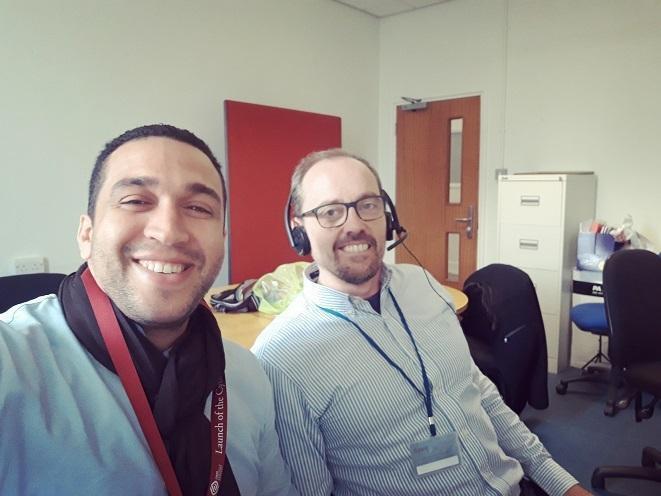
What tips do you have for people who want to start out in the tech world?
They have to understand that no expert knows everything. They need to focus on one aspect of technology they love the most and become the best they can be, always trying to teach themselves and acknowledging that they will be both learners and teachers for the rest of their lives.
If you could say something to your younger self what would it be?
I would advise myself to relax and enjoy the journey. I would also advise myself to try to be humble all the time since success, fame, and money can be lost in one moment.
What do you think non-tech people around you (family, friends) think you do?
I would like to borrow one of the phrases my older son used to describe what my father used to do when also in academia: “He is tapping his buttons again.” It is not always clear to everyone what we are doing when working in the digital world; this phrase represents precisely how other people see us. Maybe in the metaverse world that arises, this will be replaced with “He is wearing his glasses again.”
What is the invention of the century in your eyes?
The mobile phone by any means.
What can’t you do without? (app/product…)
Unfortunately, like most of us nowadays, I cannot do without my mobile phone. From a simple device for talking and exchanging text messages, the mobile phone has become the entry point to the digital world and is thus unreplaceable. A simple application that could turn the phone into a vintage one, at least for some hours/day, would allow people to regain their physical identity.
I remember around 20 years ago, when I was a student in an MSc program in Greece where I had to write an innovation essay. I had picked to present the mobile phone, which was a rather new thing back then. After presenting the early steps of it and the future directions as seen from that period of time, I remember that I finished my essay and presentation with that saying, “A mobile phone help as become more connected while on the move in the physical world, but on the same time it keeps us static in the digital world exactly beside our mobile phone.”
Which famous person would you like to have dinner with and why?
I would like to have dinner with Elon Musk. I would have the opportunity to describe to him some of the ideas that I have that he could maybe find interesting and maybe set up some collaborative projects together.
Where would you like to travel next?
Although I have made a lot of trips, I have never travelled anywhere outside of Europe yet. I would like to travel to Australia.
If you were asked to stay on a deserted island for 6 months, what 3 things would you take with you?
I would definitely take a phishing rod, a lighter, and a notebook (with a pencil, please.).
Do you have a person who influences or motivates you?
From time to time, several people motivated me. Initially, I was motivated by my supervisor during my first PhD, Prof. Leandros Tassiulas, and his capability to manage complex technology projects and work so efficiently with so many people at the same time. Later, I was impressed by the mentality of Prof. Helge Janicke and his positive attitude against all problems/challenges. As someone once said, a good manager must have the skill to make you want to work for him and feel happy for that (like Tom Sawyer). Except for these people I was lucky to meet in my life and work closely with, I was motivated by several scientists who devoted their lives to something they believed in, e.g., Nikola Tesla.
The last thing regarding which you told yourself, “how come haven’t thought of it”?
Unfortunately, the era where researchers had plenty of years to devote to research an area and propose a new idea/theorem has passed. Nowadays, the available time to think, analyse, and implement a novel idea/solution is limited. Many researchers work in the same areas, read the same sources, spot existing problems and thus come to similar potential solutions. It has happened several times to me, and probably to many others, to see a published work that looks very much like something my team and I were already building or investigating. Also, many other times, I have read new ideas that I told myself, this is something I should have thought of.

What is the greatest miss? (you thought it will never work, but it turned out to be a great success)
Nothing important until now. They probably haven’t invented something so innovative yet.
What did you dream of creating/inventing/doing as a child?
As a child, I dreamed of having a big farm with many plants and animals and living close to nature and the sea—nothing technological, unfortunately.
How did covid-19 change the way people view technological development?
People and governments understood the need for digital transformation through technological development due to covid-19. Without the technology offered nowadays, this transformation would be impossible. Many activities needed to become online high-speed (e-learning, e-working); thus, companies and people needed to adapt to this new reality. Cloud computing, network connectivity, online platforms, and mobile devices are some of the many technologies combined to make this a reality.
Academia – Professor of Cybersecurity
How has academia changed in the last two years? Which method do students prefer to study? (physical attendance, online learning, etc.)
Academia shifted from face-to-face to online teaching due to COVID’19. New modules that involved hybrid teaching or distance learning were introduced. Having to cope with all the travel restrictions that governments imposed due to COVID’19, Universities adapted their teaching portfolio to survive. Based on the experience gained from this period, I believe that students still prefer to attend classes, especially the physical, and technical labs. The interaction between the lecturers and the students in f2f teaching is much better than online learning as it is offered at the moment. Maybe the introduction of Metaversities will be able to provide the experience of f2f teaching along with the capability of studying from everywhere.
Is there a need for more people in the cybersecurity sector? According to your experience, what professions do you see booming now and in the next few years?
Security and privacy have become integral to business functioning in the digital transformation. This has resulted in an increasing demand for both employees with basic cybersecurity skills and cybersecurity specialists. The shortage of cybersecurity experts is acknowledged broadly. The digital transformation imposes the High Education Institutions (HEIs) to enhance their role in preparing the new generation workforce development or upskilling the existing one to have the capabilities and skills to address the upcoming security challenges by offering practical training programs that are flexible and reachable through all people in the workforce with curricula that have the ability to be flexible and responsive to changing industrial needs.
Cybersecurity professions in need in the near future will be in these fields:
- Information systems
- Network security
- Cryptography (including Post Quantum)
- Vulnerability assessment
- Information assurance
- Penetration testing
- Intrusion detection systems (including those based on Machine Learning principles)
- Blockchain technology (security and privacy)
What do you advise young people when they tell you they want to study cybersecurity? What are the steps they need to follow?
Professor of Cybersecurity: People that want to follow a cybersecurity career need to understand that it covers several aspects of digital life, either technical, legal, or policy making. Several certifications offer in-depth knowledge for specific areas of cybersecurity, while many Universities around the globe offer undergraduate and postgraduate programs focused on cybersecurity. People that want to study cybersecurity need to understand this area. New fields of discipline always emerge. Cybersecurity is not a field where you can get your degree, go to work, and never have to retake a class. The key to being a successful security professional in and around the IT area is to build a foundation in IT and the fundamentals of security. Individuals must combine an undergraduate (or postgraduate) degree with well-established certifications like ISO, CompTIA, ISACA, SSCP, etc. The area of cybersecurity favors people who know how to keep learning.
What advice do you give everyday people on protecting themselves from cyberattacks?
There are some tips that people should follow:
- Update the OS of your mobile phone asap
- Protect your mobile with a PIN/password/biometric
- Use Multi-Factor Authentication when available
- Backup your data
- Mind your social presence and location check-ins
- There’s no such thing as “Free WiFi.” Open WiFis are susceptible to many attacks
- Be cautious about messages, emails, and calls that sound urgent. Always check the sender and the links before opening them.

